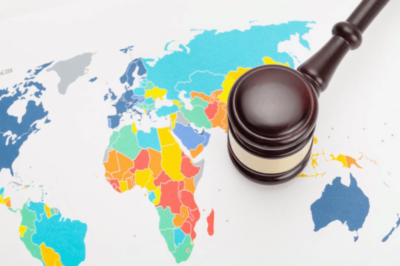
SCC to Consider Multinational Corporate Accountability in Araya v Nevsun: A Q&A with Plaintiffs' Counsel
In January 2019, the Supreme Court of Canada (“SCC”), will be hearing an appeal of Araya v Nevsun, 2017 BCCA 401 [Nevsun], which involves a group of Eritrean plaintiffs who filed a claim for damages at the Supreme Court of British Columbia (“BCSC”) against Nevsun Resources Ltd. (“Nevsun”), a Canadian mining company based in Vancouver, for gross […]








